Publications
Articles, publications, books, tools and multimedia features from the U.S. Institute of Peace provide the latest news, analysis, research findings, practitioner guides and reports, all related to the conflict zones and issues that are at the center of the Institute’s work to prevent and reduce violent conflict.
Question And Answer
Whither NATO at 75?
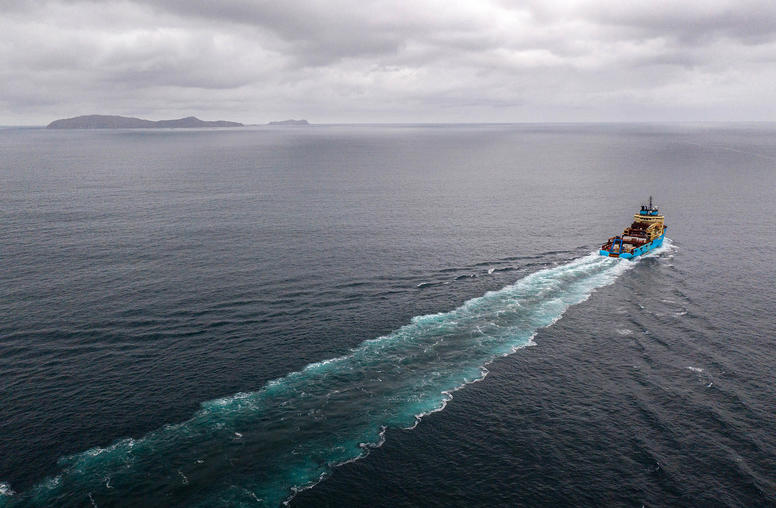
The Geopolitics of Deep-Sea Mining and Green Technologies
For the first time, the International Energy Agency is reporting that global demand for fossil fuels will peak or plateau in the next decade as the world transitions to renewable energy. This is a welcome development ahead of the 27th U.N. Climate Change Conference (COP27), which includes a focus on the “promise of innovation and clean technologies” to mitigate the climate crisis. However, there is often a disconnect between the prospect of green technologies and the reality surrounding the minerals and materials required to produce them.
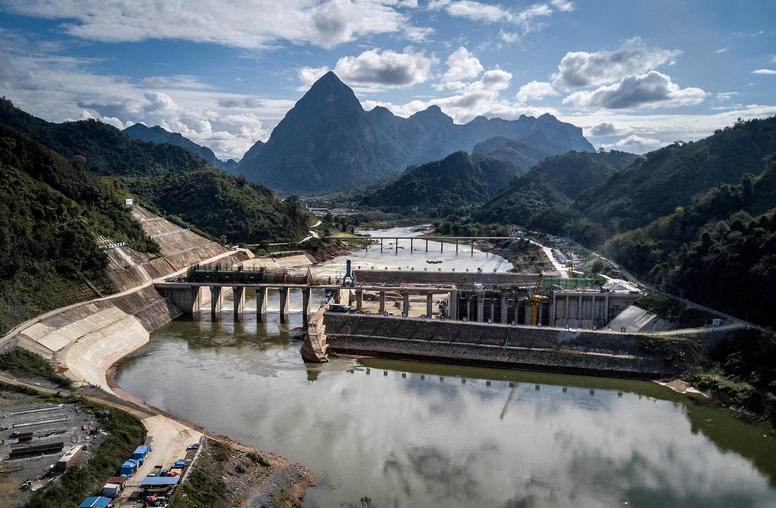
How to Balance Hydropower and Local Conflict Risks
In the face of rapidly expanding solar and wind energy technology, it’s easy to forget about hydropower. Hydropower was first harnessed to turn mills and grind grain, but today it generates more electricity than any other source of renewable energy. But while dams can spur development, help manage water resources and improve access to affordable electricity, their impacts on local communities and the environment can have a dark side.
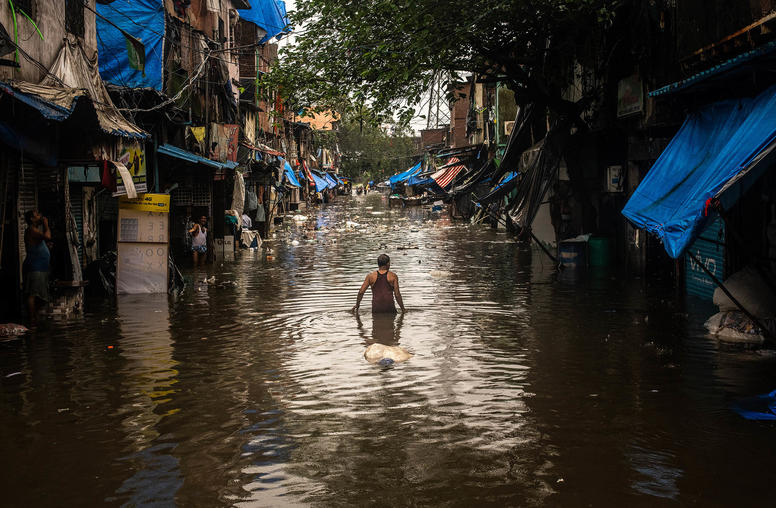
It’s Time for South Asia to Talk Climate
That India and Pakistan are engaged in backchannel track 2 diplomacy is the worst kept secret in South Asia. It does not take a vivid imagination to guess what dominates the agenda at these talks: Kashmir, terrorism, trade, perhaps crisis behavior under the shadow of nuclear weapons. Welcome as such conversations are, they are almost assuredly lacking focus on the biggest crisis facing the region’s inhabitants: climate change.

Pakistan Presses U.S. to Lead Global Response to Climate Disasters
Pakistan’s unprecedented flood disaster is a wakeup call for governments and international institutions on the need to build a worldwide response to the disproportionate burden of climate change on nations of the Global South — a challenge that Pakistan’s foreign minister underscored to U.S. officials and foreign policy analysts Wednesday at USIP. Bilawal Bhutto Zardari urged policymakers to lead an international effort to use the Pakistan crisis as a catalyst for a more effective international effort to help the countries most vulnerable to climate change.
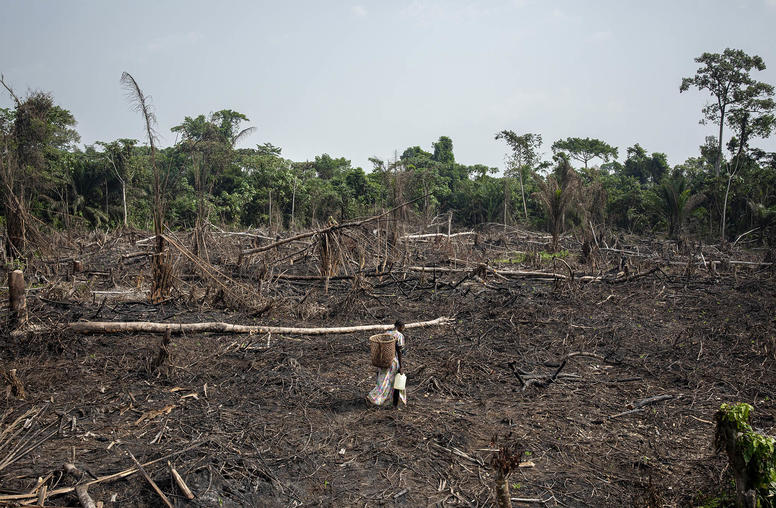
How Climate Change Fuels Instability in Central Africa
Beleaguered by a history of prolonged conflict and socioeconomic insecurity, Central Africa is now considered one of the most vulnerable regions in the world when it comes to climate and environmental shocks. Countries in the region are already feeling the effects, as unpredictable bouts of extreme weather and drought have started to drive displacement, impede governance and incite tensions at all levels of society.
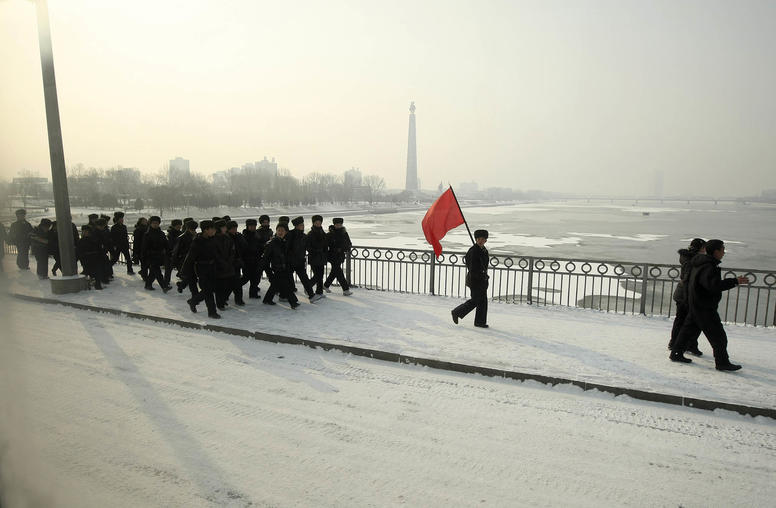
Could Climate Change Compel North Korea to Cooperate?
Like much of the rest of the world, North Korea is experiencing more frequent and more intense climate-related disasters. In the last few years, it has seen its longest drought and longest rain season in over a century. In 2021, the country’s reclusive dictator, Kim Jong Un, called for immediate steps to mitigate the dramatic impacts of climate change, which compound other challenges facing the country, like food insecurity. While North Korea is not exactly known for its efforts to cooperate with the international community, the severe threats posed by climate change could lead to broader engagement that serves Pyongyang’s interests, as well as the interests of the United States, South Korea and China, who all want peace and stability on the Korean Peninsula.
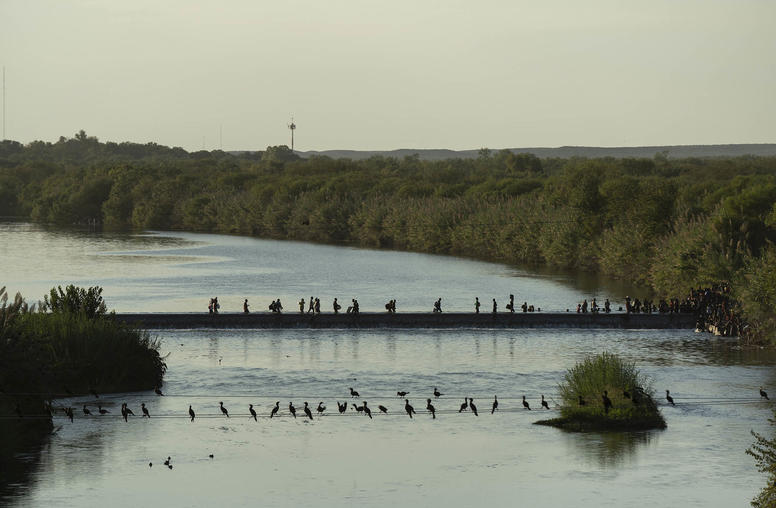
How Climate Change Catalyzes More Migration in Central America
Annual migrant apprehensions at the U.S. southwestern border have surpassed 2 million, breaking previous fiscal year records. The flows (which include large numbers of repeat crossers) have grown increasingly multinational in recent years, including Haitians trying to escape their country’s violence and poverty, along with Cubans, Nicaraguans and Venezuelans fleeing a combination of economic misery and political repression. Mexicans seeking better paid work in the United States also continue to cross the border in large numbers, as they have for generations.

Can Arab States Bounce Back from COVID and Climates Crises?
More than two years into the pandemic, Arab states continue to struggle with the economic and social impacts of COVID-19. Meanwhile, climate change is devastating the region — and its governments are ill-equipped to address massive problems like water scarcity and scorching temperatures. Even before COVID, much of the region was wracked by conflict, embroiled in social tension, suffering from lagging economies and witnessing growing disquiet over the unrealized aspirations of the Arab uprisings. These challenges are detailed in the U.N. Development Programme’s recently released 2022 Arab Human Development Report, which also lays out a path for an “inclusive and resilient recovery.”
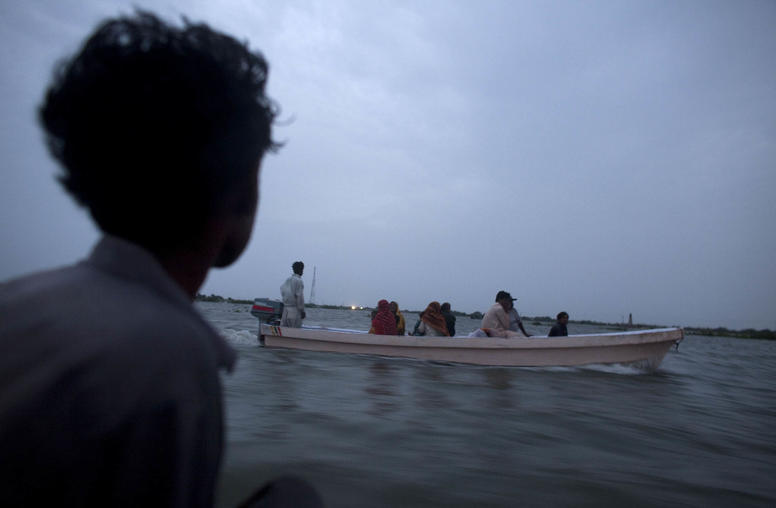
Why Pakistan Is Drowning
Pakistan is currently experiencing one of the worst environmental disasters in the world. One-third of the country is under water. Over 1,325 people have died and 33 million have been impacted. The latest statistics show that over 1,600 have been injured, 325,000 homes destroyed, 735,000 livestock lost and 2 million acres of crops damaged — numbers which are likely to increase. According to a rough assessment by Atlantic Council’s Uzair Younus and economist Ammar Khan, the direct damage to roads, homes, livestock and crops is over $3 billion, which is an astronomical amount for a developing country like Pakistan.
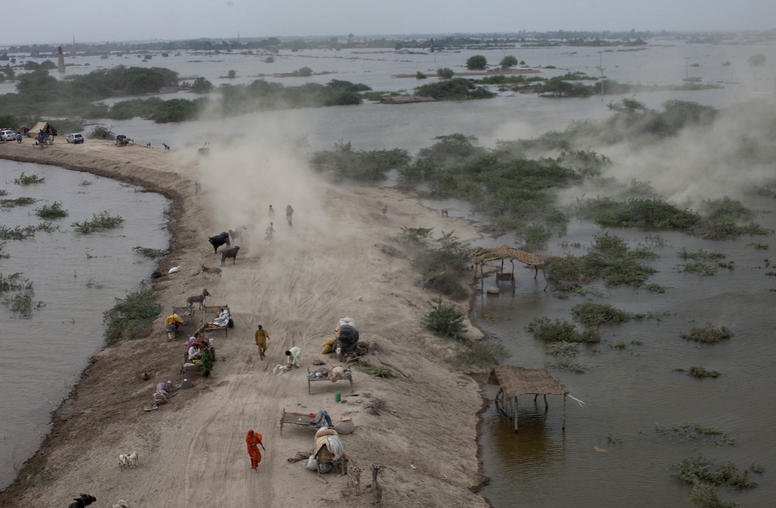
Pakistan’s Deadly Floods Come Amid Deluge of Crises
After experiencing its hottest months in 61 years in April and May, Pakistan has been hit by a “monsoon season on steroids,” according to U.N. chief Antonio Guterres. Pakistan has long been considered one of the most vulnerable countries to climate change in the world. Despite a history of intense floods, the country was ill-prepared for this year’s monsoon season. Intractable political and economic crises have hampered Pakistan’s capacity to address the ongoing fallout, particularly the worsening humanitarian crisis.